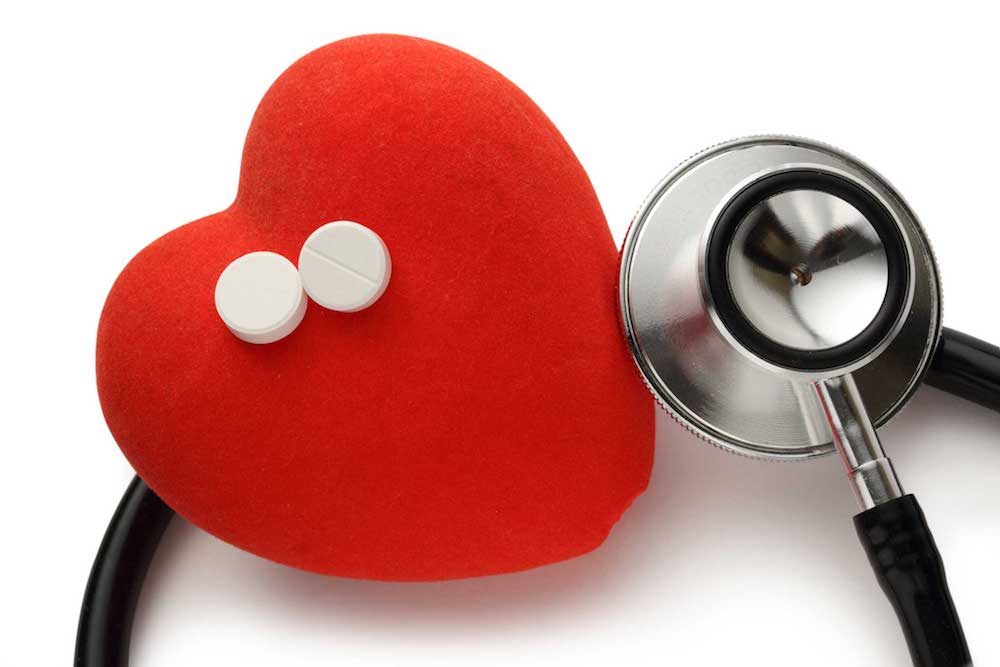<< Back
Baby Aspirin a Day for Your Heart? Not For Everyone

September 25, 2018
While about 50 percent of older American adults take aspirin regularly to ward off heart disease, a new study reveals that the practice may actually cause more harm than good for healthy people.
Dr. Paul Thompson, chief of cardiology and physician co-director of the Hartford HealthCare Heart & Vascular Institute, says he has long recommended a baby aspirin a day for people with “known heart disease” and, after reading positive research about five years ago, for healthy women over the age of 65. A separate study suggested that a single regular aspirin every other day could help decrease one’s risk of heart disease, a recommendation he says has always been somewhat controversial.
“In people with heart disease like hardening of the arteries and stroke due to hardening of the arteries, the baby aspirin can reduce the chance of a recurrent event,” says Dr. Thompson, adding that the medication prevents platelets from forming clots in the arteries that cause stroke and other problems. “But, in the wrong person, aspirin can actually cause bleeding.”
The recently-released “Aspirin in Reducing Events in the Elderly (ASPREE)” study out of Australia, published in the New England Journal of Medicine, bolsters this assertion. The clinical trial examined the effects of low-dose (100 milligrams) aspirin on healthy elderly adults over five years.
The researchers reported that the aspirin did not improve participants’ life expectancy, and the rate of death, dementia and risk of developing a physical disability was the same whether the participants took aspirin or a placebo.
Instead, as Dr. Thompson notes, the research showed study participants had a 3.8 percent chance of developing bleeding vs. the 2.8 percent risk for those not taking aspirin. There was also a slightly higher risk of death in the aspirin-taking group, including death from cancer.
“The benefits of aspirin for healthy people has long been a topic of debate. As providers, we look for this type of ‘outcome study’ to develop guidelines for treatment,” Dr. Thompson says of the research. “This will help guide providers going forward.”
“Healthy” in this case, he says, means people having no known history of heart disease or stroke.
“As always, patients should talk with their provider about whether or not to take aspirin. It depends on their individual risk factors,” he says.
For more information about heart disease and the services available at the Hartford HealthCare Heart & Vascular Institute, click here.